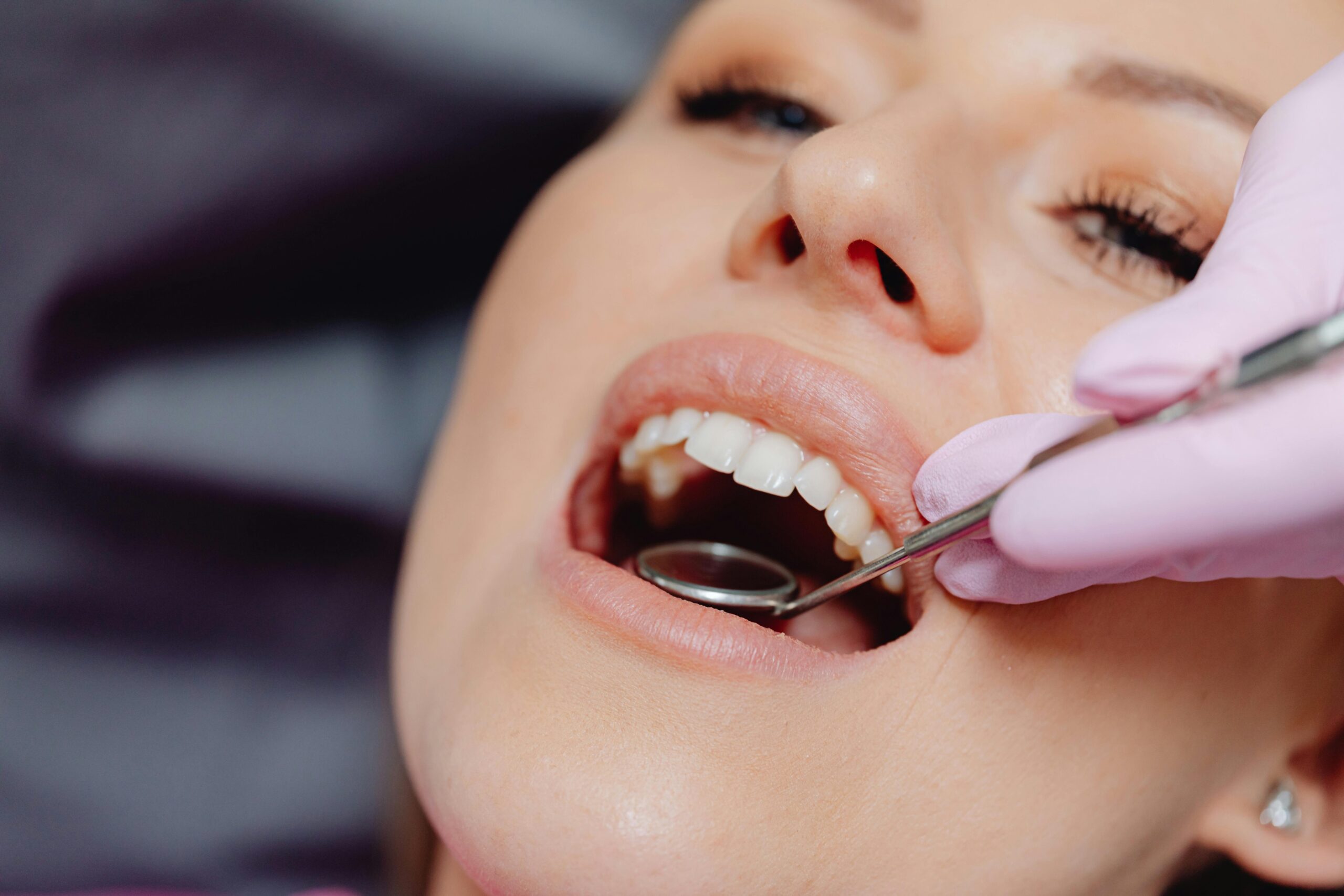Tonsil stones, or tonsilloliths, are a common oral health issue. Yet, many people are unsure about who to turn to for help.
Can a dentist remove tonsil stones? This is a question often asked by those affected.
In this article, we delve into the role of dentists in the detection and potential removal of tonsil stones. We also explore when it might be necessary to consult a doctor instead.
Our aim is to provide clear, concise information to help you make informed decisions about your oral health.
What Are Tonsil Stones?
Tonsil stones, medically known as tonsilloliths, are small, hard deposits that form in the tonsils. They are composed of various substances, including bacteria, mucus, and food debris.
These substances can get trapped in the small crevices of the tonsils, known as tonsil crypts. Over time, they harden and calcify, forming tonsil stones.
Tonsil stones can vary in size. Some are barely noticeable, while others can grow large enough to cause discomfort or difficulty swallowing.
Understanding what tonsil stones are is the first step towards effective management and treatment. In the following sections, we’ll discuss the symptoms, causes, and various treatment options for tonsil stones.
Symptoms and Causes of Tonsil Stones
Tonsil stones often cause noticeable symptoms. These can range from mild to severe, depending on the size and location of the stones.
Common symptoms of tonsil stones include:
- Bad breath (halitosis)
- Sore throat
- Difficulty swallowing
- Ear pain
- A metallic taste in the mouth
These symptoms can significantly impact a person’s quality of life and social interactions. It’s important to seek professional advice if you’re experiencing these symptoms.
Tonsil stones are caused by a buildup of substances in the tonsil crypts. These substances include bacteria, mucus, and food debris. Poor oral hygiene can contribute to this buildup, leading to the formation of tonsil stones.
Understanding the causes and symptoms of tonsil stones can help in their prevention and treatment. In the next sections, we’ll discuss whether a dentist can help with tonsil stones and the various treatment options available.

Can Dentist Remove Tonsil Stones?
Dentists play a crucial role in maintaining oral health. They can identify potential issues, including the presence of tonsil stones, during routine dental examinations.
However, the removal of tonsil stones falls somewhat outside the typical scope of a dentist’s practice. While they can provide guidance on managing and removing smaller tonsil stones, they may not perform the actual removal procedure.
For larger or persistent tonsil stones, a dentist will likely refer you to a medical professional, such as an Ear, Nose, and Throat (ENT) specialist. These professionals have the necessary training and tools to safely remove tonsil stones.
Dentist or Doctor: Who Should You Consult for Tonsil Stones?
The decision to consult a dentist or a doctor for tonsil stones depends on the severity of the condition. For minor cases, a dentist can provide advice on home remedies and preventive measures.
However, if the tonsil stones are large, recurrent, or causing significant discomfort, it’s best to consult an ENT specialist. These medical professionals specialise in conditions affecting the ear, nose, and throat, including tonsil stones.
Home Remedies for Tonsil Stones
Tonsil stones can often be managed at home with simple remedies. These methods aim to dislodge the stones and alleviate symptoms. However, they should be used with caution to avoid injury to the tonsils.
Some effective home remedies include:
- Gargling with warm salt water: This can help dislodge tonsil stones and soothe a sore throat.
- Using a water flosser: This device can help remove tonsil stones by directing a stream of water at the tonsils.
- Practicing good oral hygiene: Regular brushing, flossing, and using a tongue scraper can help prevent tonsil stones.
Remember, if home remedies don’t work or if the tonsil stones are causing significant discomfort, it’s important to seek professional help.
Professional Tonsil Stones Treatment Options
If home remedies are not effective, professional treatment may be necessary. This is especially true for large or persistent tonsil stones. A healthcare professional can provide safe and effective treatment options.
One common method is manual extraction. This involves a professional using a tool to carefully remove the tonsil stone. This should only be done by a professional to avoid injury to the tonsils.
In some cases, antibiotics may be prescribed. These can help treat the bacterial component of tonsil stones. However, they do not address the underlying cause and stones may recur.
For severe cases, a tonsillectomy may be recommended. This is a surgical procedure to remove the tonsils. It is usually a last resort, used only when other treatments have failed.
Remember, it’s important to consult a healthcare professional before attempting any treatment for tonsil stones. They can provide the most appropriate and effective treatment options based on your specific situation.
Preventing Tonsil Stones: Tips and Tricks
Preventing tonsil stones is often a matter of maintaining good oral hygiene. Regular brushing, flossing, and cleaning the tongue can help reduce the buildup of bacteria and debris in the mouth.
Staying hydrated is also important. A dry mouth can lead to an increase in bacteria, which can contribute to the formation of tonsil stones. Drinking plenty of water can help keep your mouth moist and reduce the risk of stone formation.
Here are some additional tips to help prevent tonsil stones:
- Limit your intake of sugary foods and drinks, which can promote bacterial growth.
- Use a mouthwash to help dislodge tonsil stones and freshen breath.
- Avoid smoking and excessive alcohol consumption, both of which can contribute to tonsil stones.
- Consider using a tongue scraper to reduce the bacterial load in your mouth.
- Regular dental check-ups can help maintain oral health and detect any potential issues early.
When to Seek Medical Attention for Tonsil Stones
While many tonsil stones can be managed at home, there are times when medical attention is necessary. If you experience persistent symptoms, such as severe sore throat, difficulty swallowing, or ear pain, it’s time to consult a healthcare professional.
Large tonsil stones or those that recur frequently may require professional treatment. An ENT specialist can provide a thorough examination and recommend the best course of action.
Remember, it’s important not to ignore persistent or painful tonsil stones. They can lead to complications like infection or abscess if left untreated. Always consult a healthcare professional before attempting any treatment.
Maintaining Oral Health and Tonsil Stone Management
In conclusion, maintaining good oral hygiene and a balanced diet can help prevent tonsil stones. While dentists can provide guidance, severe cases may require medical intervention. Remember, regular dental check-ups are crucial for early detection and management of oral health issues, including tonsil stones.








